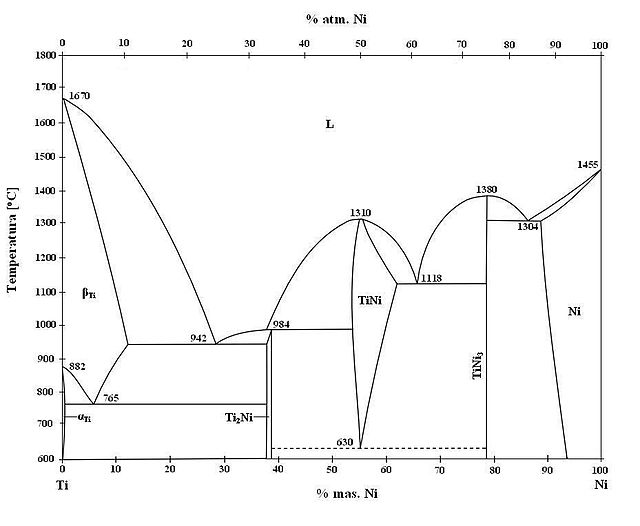Thermogravimetric analysis
Thermogravimetric analysis or thermal gravimetric analysis (TGA) is a method of thermal analysis in which the mass of a sample is measured over time as the temperature changes. This measurement provides information about physical phenomena, such as phase transitions, absorption, adsorption and desorption; as well as chemical phenomena including chemisorptions, thermal decomposition, and solid-gas reactions.
Thermogravimetric analysis
In chemistry, thermodynamics, and other related fields like physics and biology, a phase transition is the physical process of transition between one state of a medium and another. Commonly the term is used to refer to changes among the basic states of matter: solid, liquid, and gas, and in rare cases, plasma. A phase of a thermodynamic system and the states of matter have uniform physical properties. During a phase transition of a given medium, certain properties of the medium change as a result of the change of external conditions, such as temperature or pressure. This can be a discontinuous change; for example, a liquid may become gas upon heating to its boiling point, resulting in an abrupt change in volume. The identification of the external conditions at which a transformation occurs defines the phase transition point.
A binary phase diagram showing the most stable chemical compounds of titanium and nickel at different mixing ratios and temperatures.
A small piece of rapidly melting solid argon shows two concurrent phase changes. The transition from solid to liquid, and gas to liquid (shown by the white condensed water vapour).



